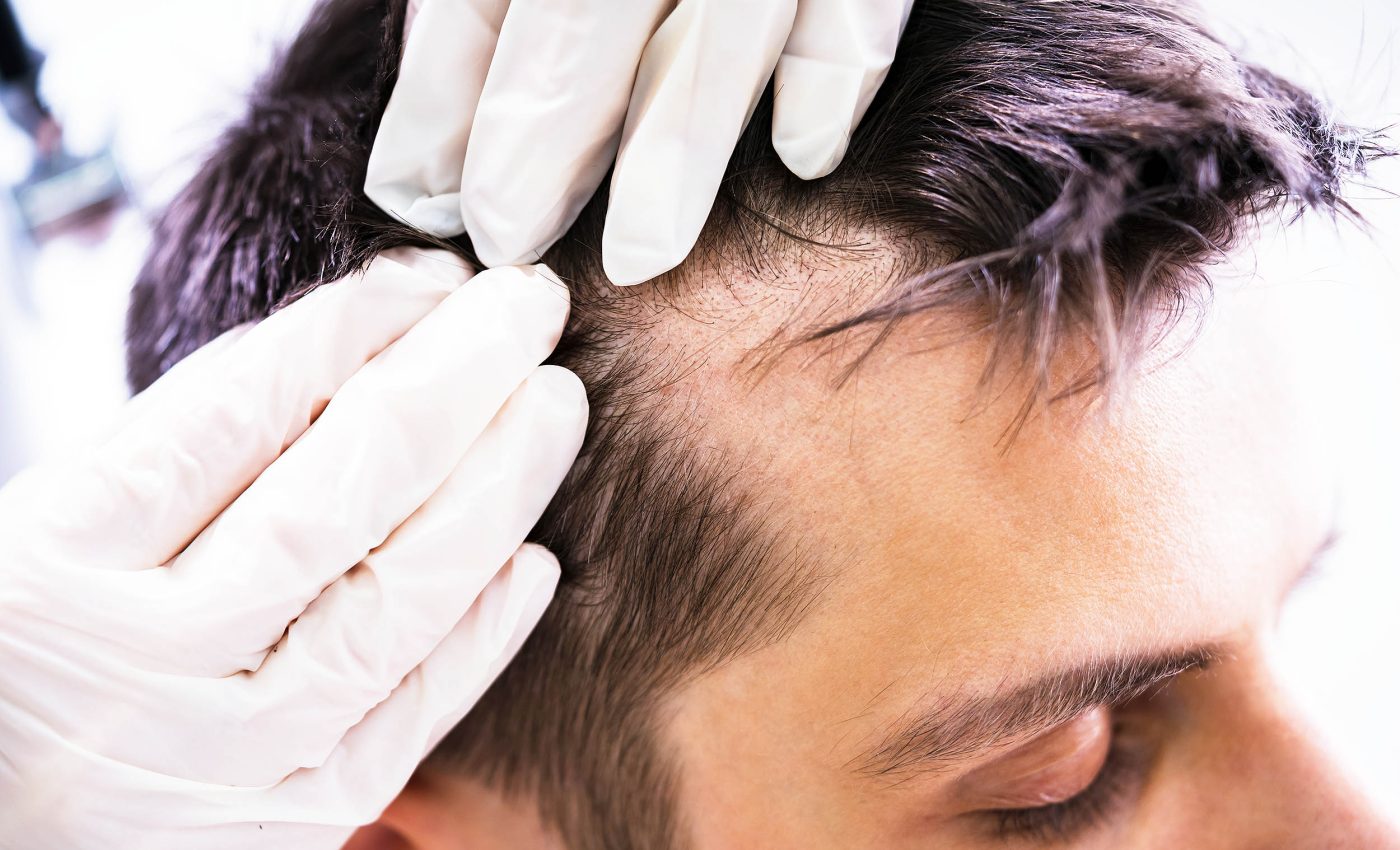
Intermittent fasting can slow hair growth, but it also has many positive health benefits
Intermittent fasting has drawn serious attention in recent years. Some find it handy for shedding weight, others see it as a strategy to support overall well-being. Its idea rests on dividing the day into strict periods of eating and fasting.
Many have embraced it as a path to possible health benefits. Now, a fresh perspective suggests that while the approach might help with certain metabolic improvements, there is a twist that nobody saw coming.
Less-talked-about side effect
Hidden beneath the headlines celebrating intermittent fasting’s impact on blood sugar levels or inflammation lies a less obvious piece of news.
This new research introduces a startling observation: intermittent fasting patterns appear to reduce how fast hair grows in both mice and people.
Impact of fasting on hair growth
Hair growth does not happen in one straight shot.
It runs through phases, shifting between times when hair follicles remain quiet and times when they switch on and get active. The researchers behind the study wanted to examine what these eating habits do to hair regeneration.
The team tested common intermittent fasting routines in mice, including schedules with 16 hours of fasting and 8 hours of eating, as well as an every-other-day eating pattern.
The animals that stuck to these fasting timetables showed only partial hair regrowth after more than three months, whereas mice that ate whenever they pleased had regrown most of their hair much faster.
What drives the slowdown
The study, published in Cell, identifies a process related to oxidative stress.
The body normally burns glucose as fuel, but when fasting, it leans more on fat. Free fatty acids start moving through different tissues when this switch happens.
In the case of hair follicles, that shift is not always smooth. The hair follicle stem cells involved in producing new hair face a harsh environment rich in reactive oxygen species.
The result is less-than-ideal conditions for these cells that need to stay robust if they are to kickstart new growth.
Reflections in the human world
The authors also explored these effects in people. Their small clinical trial focused on healthy young adults.
Participants who followed a daily schedule that included 18 hours of fasting showed a drop in the speed at which their hair grew when compared to those following a normal eating schedule.
The difference was subtle, not as dramatic as in mice. This may be linked to the way human hair cycles differ.
Human cells take longer to turn over, and hair growth itself moves at a slower pace. Still, there was an 18% reduction in growth speed, raising a curious eyebrow at the practice.
“We don’t want to scare people away from practicing intermittent fasting because it is associated with a lot of beneficial effects — it’s just important to be aware that it might have some unintended effects,” says Bing Zhang, assistant professor and principal investigator at Westlake University, in China.
Views from health professionals
Health experts who were not involved in the study have pointed out that when people lose weight quickly — regardless of the approach — some experience shifts in hair quality or thickness.
There is still a lot to learn here. Doctors have seen that even those who reduce their calorie intake by standard dieting techniques face changes in their hair.
Yet, intermittent fasting could add another layer to this dynamic since it involves a cycle of metabolic changes each day or every other day. The precise biological reasons remain under investigation.
Fasting beyond hair growth
Although this new study stands out for examining hair growth, other work has shown that fasting may impact other body systems in unexpected ways.
Intermittent fasting has been linked to possible benefits like improved insulin sensitivity and reduced inflammation.
Researchers have reported that it could offer an avenue for type 2 diabetes remission under certain controlled conditions.
Other investigations have examined how time-restricted eating might have long-term influences on the brain.
On the flip side, studies have also raised concerns about gallstones, cardiovascular death rates, and even colon cancer risk in certain contexts.
Adding hair growth changes to the list of possible effects underlines how little is fully understood.
Supporting hair health during fasting
A balanced diet full of nutrient-dense foods and essential vitamins and minerals is generally encouraged. Foods rich in protein, iron, zinc, and healthy fats can help keep skin, hair, and nails in shape.
Some experts suggest that meeting regularly with a registered dietitian may be wise, especially for anyone experimenting with different eating schedules.
Such guidance can significantly increase the likelihood that essential nutrients and energy levels remain adequate.
Room for more research
The findings have opened the door to further studies that may explore how different body tissues respond.
Future work might tackle wound healing or uncover whether certain metabolic adjustments can protect these sensitive hair follicle stem cells.
Larger human trials would help clarify whether only certain groups are affected. For now, these results raise new questions about how fasting shapes the intricate dance of cells and tissues.
What the future holds
To sum it all up, despite the hair growth issue, intermittent fasting still holds great appeal for many people.
This study does not insist people toss out their time-restricted diets, but it does suggest that such eating habits should be approached with awareness.
The human body can be complicated, and no single approach will work for everyone. For now, individuals practicing fasting may want to monitor changes in their hair or consult healthcare professionals if something seems off.
All foods and diet strategies come with their own trade-offs. As more evidence comes to light, people can make better-informed decisions that fit their personal health goals.
—–
Like what you read? Subscribe to our newsletter for engaging articles, exclusive content, and the latest updates.
Check us out on EarthSnap, a free app brought to you by Eric Ralls and Earth.com.
—–













